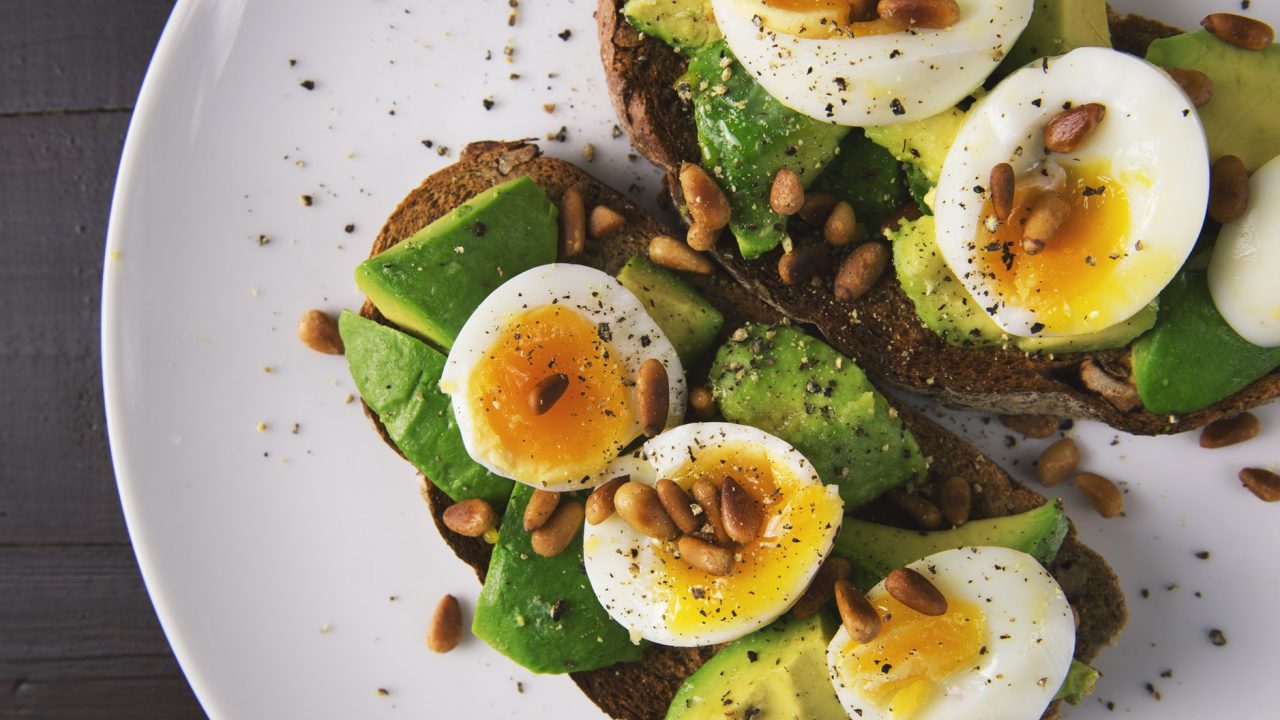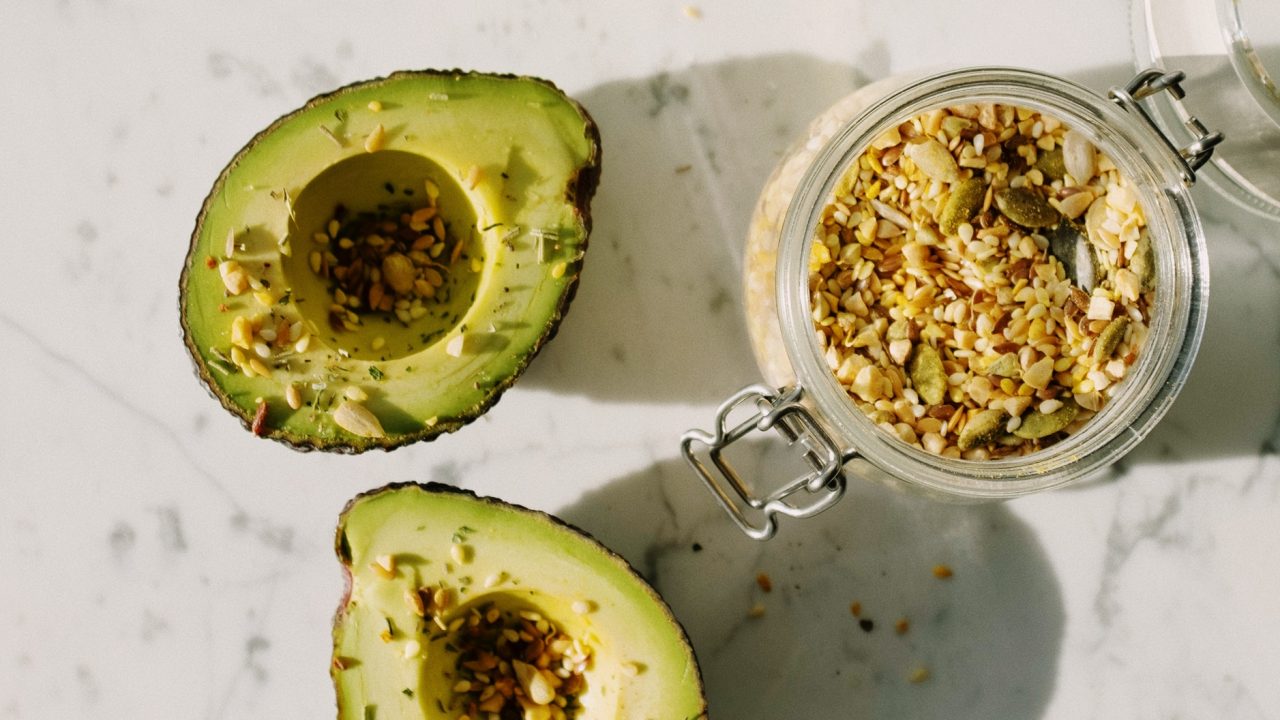Is the Keto Diet Good for Diabetics?
Having type 2 diabetes means having to maintain a healthy diet – nutritious foods in moderate amounts – and regular meal times. There are foods that people with diabetes need to stay away from – mostly foods that are loaded in carbohydrates and sugar. As a high-fat diet, is the keto diet good for diabetics? If yes, how does it benefit them?

Eating with Diabetes
Most people who develop diabetes are overweight or obese and, therefore, require a diet that promotes weight loss and healthy weight maintenance. Diabetics should avoid foods that raise sugar and insulin levels and trigger inflammation. This means avoiding or minimizing intake of foods high in carbohydrates, as too many carbs converted into sugar lead to dangerous spikes in blood sugar levels.
Specific foods that diabetics should avoid include:
- Sugary beverages, such as soda
- White bread, pasta, and rice
- Flavored yogurt
- Sweetened cereals
- Fruit juice
- Flavored coffee drinks
- Dried fruits
- Honey, maple syrup, and agave nectar
- Packaged snacks
- French fries
- Trans fats, such as those found in margarine, peanut butter, spreads, and frozen dinners
The Ketogenic Diet and Diabetes

The keto diet is a high-fat, low-carb diet and is designed to change how the body stores and uses energy. The low-carb intake initially forces the body to tap into its fat stores for energy, as there is less sugar converted from carbs, thereby causing weight loss. Over time, the high-fat diet provides the body with the daily fuel it needs. Simply put, the keto diet helps the body transition from using sugar as fuel to using fat as fuel.
The keto diet can be beneficial to diabetics in two ways. First, it helps promote weight loss and healthy weight-maintenance; and second, it may help improve blood sugar levels and insulin levels. Switching to a keto diet, especially as a long-term diet for diabetes, requires drastic dietary changes and should only be done with the recommendation and guidance of a doctor.
Sugar from carbohydrates, and after being converted into glucose molecules, is the body’s preferred source of fuel. Glucose molecules that are not burned for energy are linked together to form a glycogen molecule, and this process requires the production of insulin. People with type 2 diabetes either don’t produce enough insulin or their cells don’t react to insulin. This means that glucose stays in the blood instead of being converted into fuel or glycogen. Hence, the dangerous increase in blood glucose levels.
Glycogen (from glucose) is stored by the body as fat for later use by the body when glucose from food is not immediately available. This is what leads to extra pounds. For a lot of people who become overweight or obese, diabetes follows. With the keto diet, the body is forced to use the stores of fat for energy because there is not enough glucose. The high-fat intake sustains the body’s fuel needs so that the body no longer stores glycogen (as carbohydrates in the diet are severely reduced, as well).
The keto diet, however, restricts high-fat intake to heart-healthy fats. These include:
- Eggs
- Salmon and other fish
- Seeds
- Nuts and butters derived from nuts
- Cottage cheese
- Olives and olive oil
- Avocado
Diabetics need to manage their carbohydrate intake in order to keep their blood glucose levels stable. The ketogenic diet has the potential to help them do just that. But each individual has a different carb requirement, and too little carbohydrate intake can also be dangerous to a person with diabetes so switching to a high-fat and low-carb diet should only be done with the supervision of a doctor.

What are the Potential Risks?
The process that switches the body’s fuel source from sugar to fat increases ketones in the blood, also known as “dietary ketosis.” Dietary ketosis is the new metabolic state that the body adopts on a high-fat and low-carb diet. However, if too many ketones remain in the blood, there’s a risk for diabetic ketoacidosis (DKA), which is common among people with type 1 diabetes and rare in those with type 2 diabetes. DKA can occur in diabetics when too many ketones are produced by the liver due to very low levels of insulin. This is why it is also important to maintain healthy levels of carbohydrates.
Regular testing of blood sugar levels throughout the day is also essential, whether a person is on a ketogenic diet or not. If on a keto diet, regular testing for ketone levels should also be done using urine strips. This is especially recommended if blood sugar levels go beyond 240 mg/dL, as recommended by the American Diabetes Association.
The Keto Diet and Diabetes – Final Thoughts
Adopting the keto diet to manage diabetes will require careful monitoring of both blood glucose and ketone levels. And close doctor supervision is just as important. But as a way to lose excess pounds, maintain a healthy weight, and keep blood glucose levels and insulin levels under control, the keto diet may prove beneficial to people with type 2 diabetes.
Even after you’ve achieved your healthy weight goal, you may opt to stay on the keto diet. It’s still important to regularly monitor blood glucose levels and ketone levels, although the frequency may be reduced if you’re already at a healthy weight. Additionally, you may have reduced dependency on diabetes medications.
Before making any dietary changes to help improve your diabetes, always consult your doctor first.
If you want to learn more about how to make lifelong lifestyle changes for health and fitness, get in touch with Modern Fit’s coaches and trainers and they can help you create a personalized plan.


